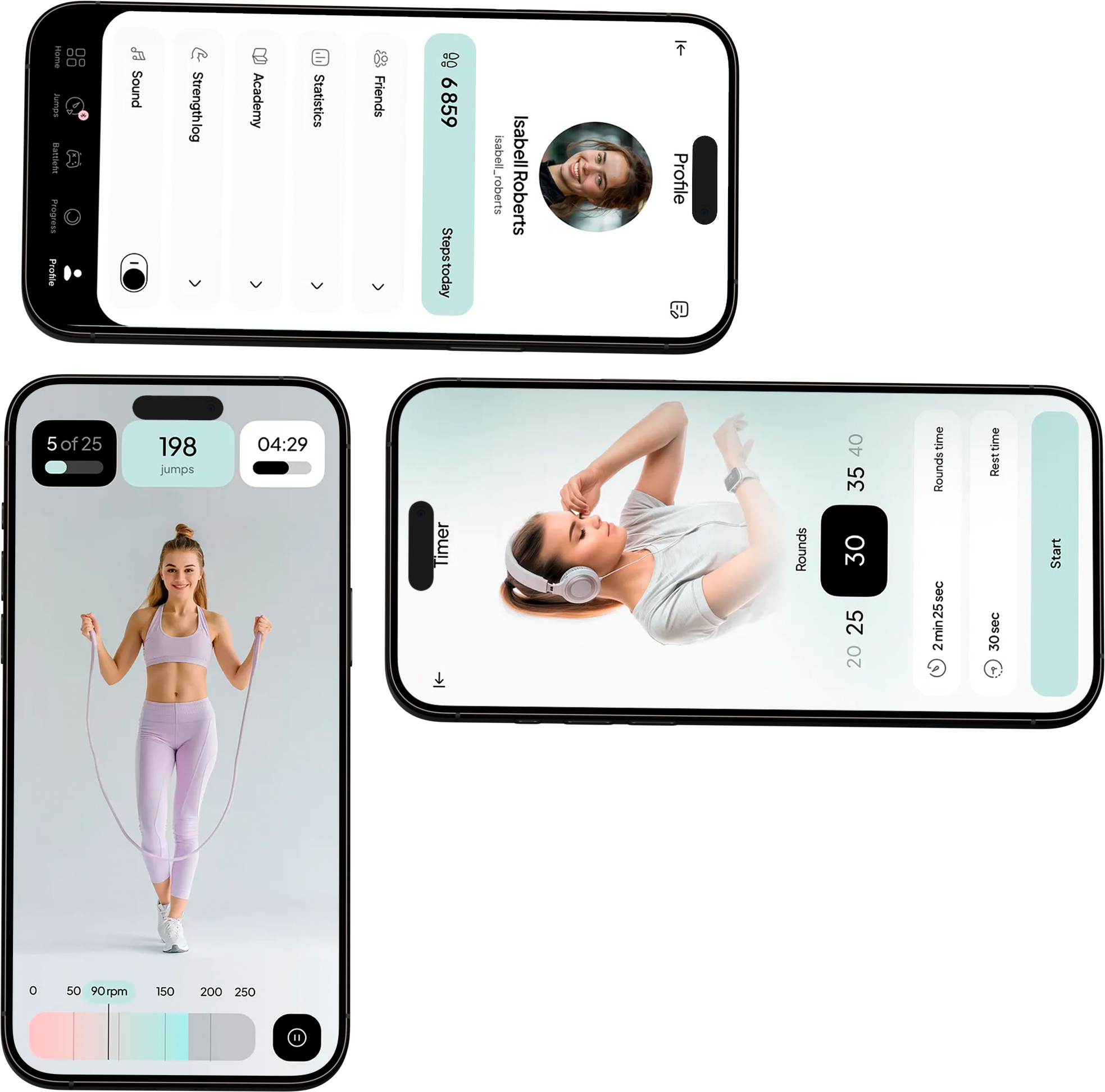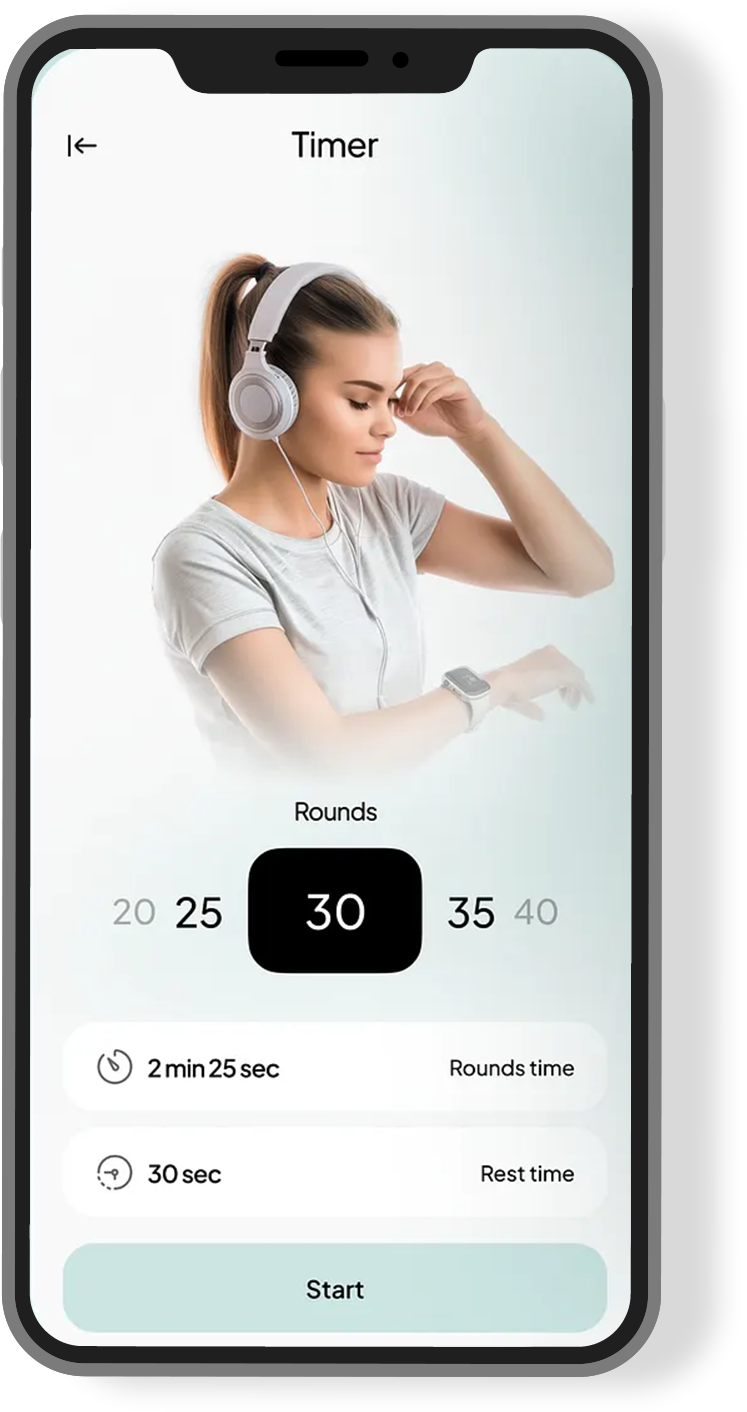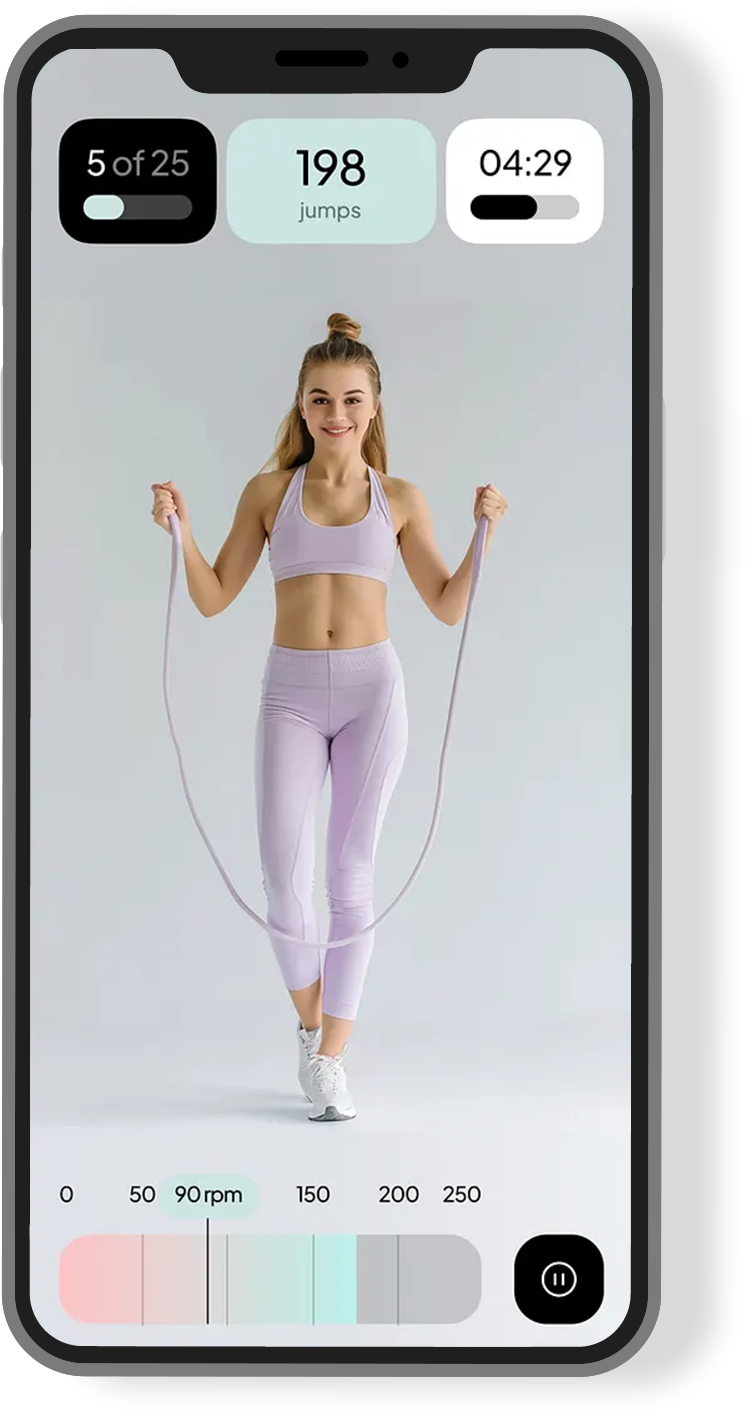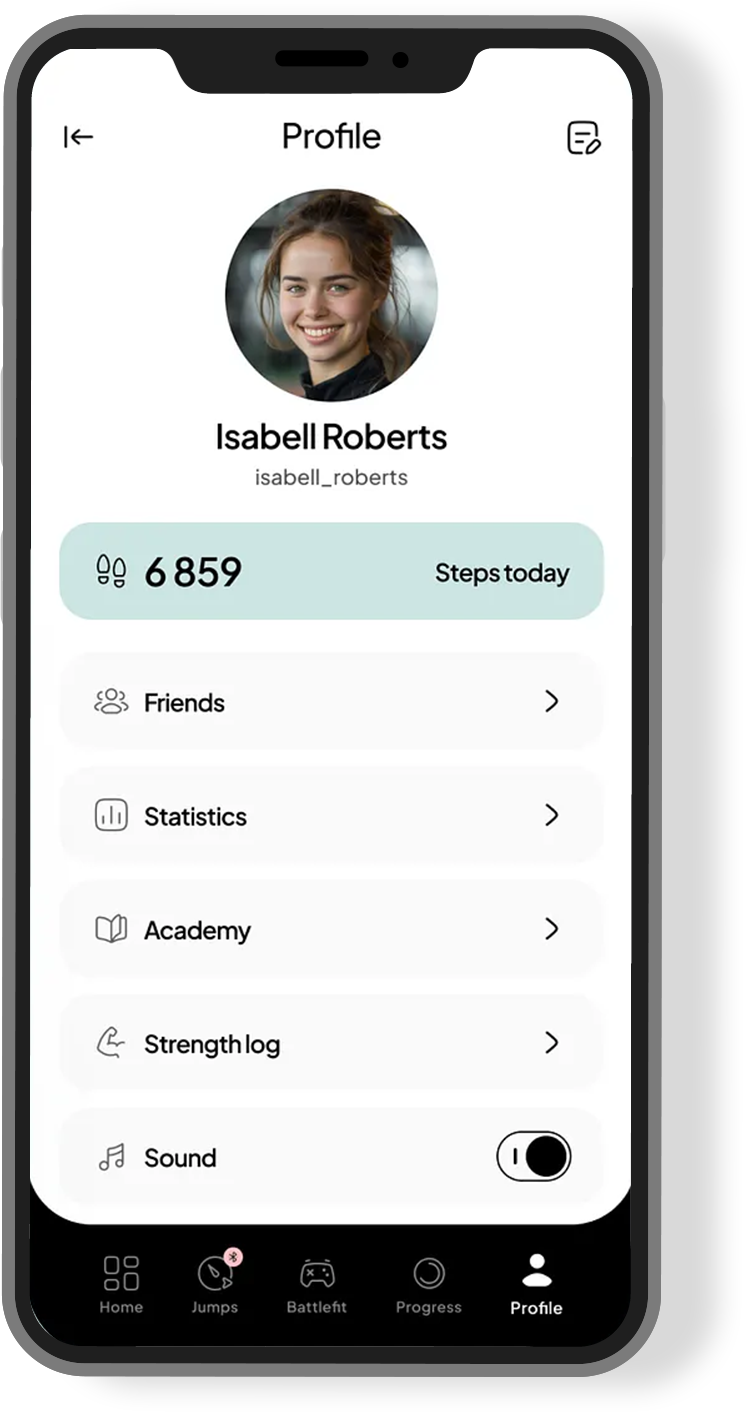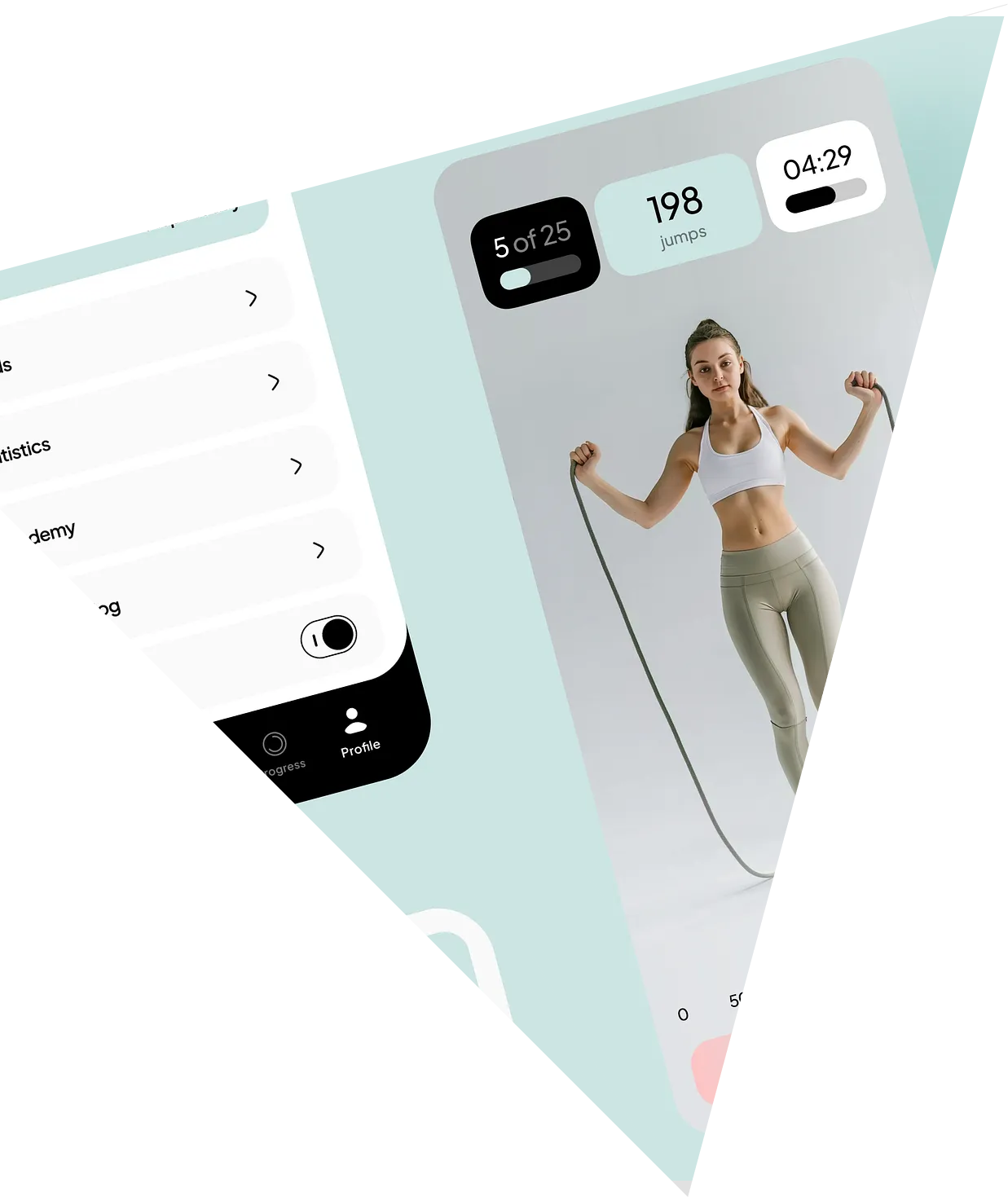
STRAIGHT TALK, STRONG RESULTSBuild A Fitness App Like
App Development
Seamlessly empower personalized fitness journeys through intelligent digital platforms. Globally streamline dynamic wellness networks with innovative health tech solutions.
Enthusiastically integrate scalable and interactive infrastructures to elevate user engagement. Professionally craft next-gen fitness ecosystems with real-time tracking, AI-driven coaching, and immersive workout experiences.
Build A Fitness App Like
Nike Training Club, MyFitnessPal, FitOn
Xinzex excels in developing on-demand fitness applications backed by a dedicated team of expert app developers. Our strength lies in building sleek, scalable, and feature-rich mobile apps that redefine fitness journeys.
Seamlessly empower next-gen fitness solutions through smart digital platforms. Globally streamline interactive wellness ecosystems with real-time progress tracking, AI coaching, and immersive workout experiences.

Admin Panel
Key Features of Our Fitness
App Development Solutions
Client Testimonials
Building Strength, Empowering Journeys
Frequently Asked Questions
A good fitness app should offer workout tracking, goal setting, diet plans, real-time progress monitoring, wearable integration, push notifications, and personalization based on user data.
-
The cost can range from $5,000 to $50,000+ depending on the app’s complexity, platform (iOS/Android), features, design, and developer location.
-
-
Yes, most modern fitness apps can integrate with popular wearables and devices using their respective APIs for real-time health and activity tracking.
-
They earn via subscriptions, freemium models, in-app purchases, advertising, and partnerships with gyms or health brands.
-
Absolutely. Fitness apps can include live streaming features, video-on-demand libraries, or integration with platforms like Zoom or Vimeo.
-
Security depends on the development approach. HIPAA-compliant frameworks and strong encryption ensure user data privacy and safety.
Popular stacks include React Native or Flutter for front-end, Node.js or Django for backend, Firebase for real-time data, and MongoDB or PostgreSQL for storage.
-
Yes. AI algorithms and user-input-based customization allow for hyper-personalized plans suited to individual goals, preferences, and body types.
-
-
Yes, an admin panel helps manage users, content, subscriptions, analytics, and promotional campaigns efficiently.
-
-
On average, a basic fitness app can take 2–4 months to develop. More advanced apps with AI, video content, and wearables support may take 6+ months.
